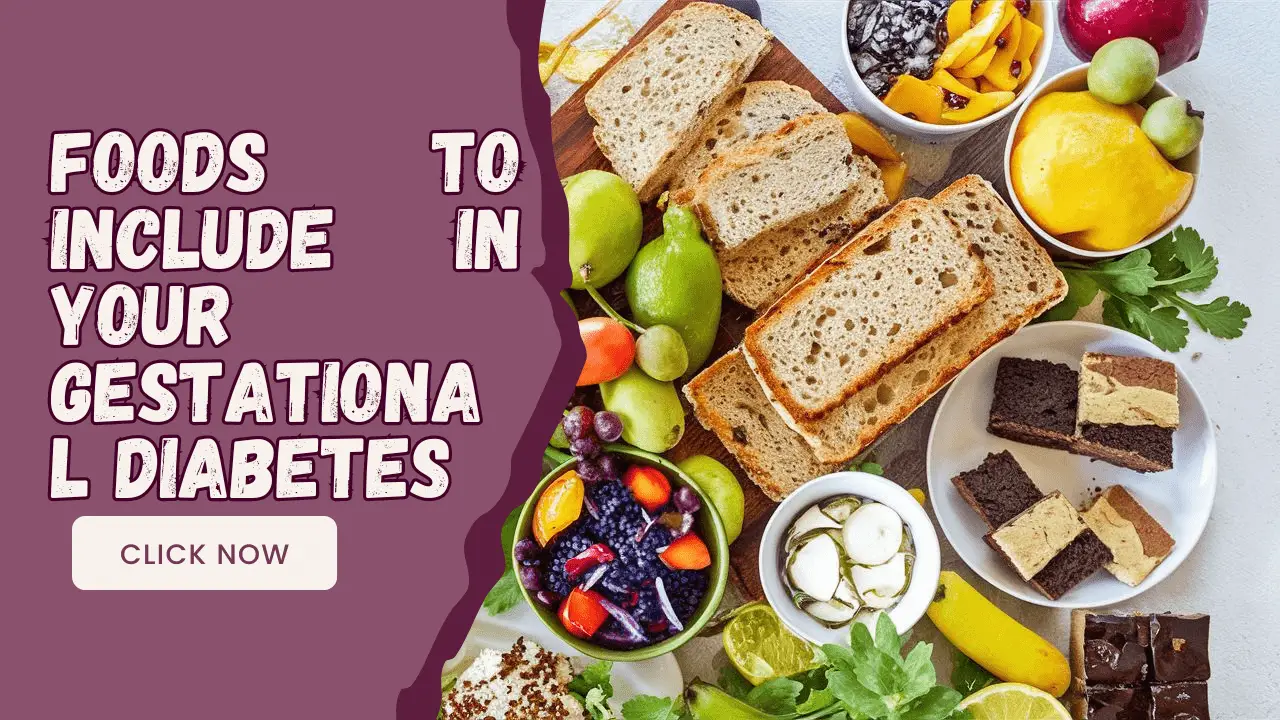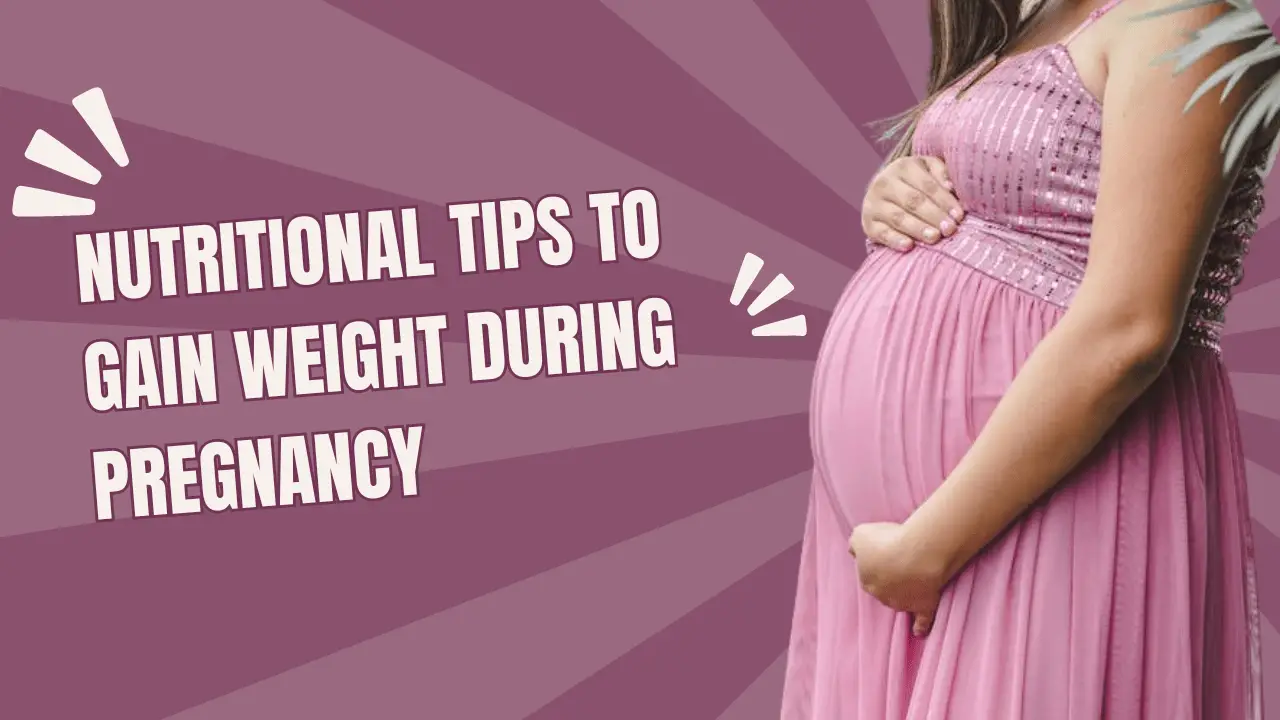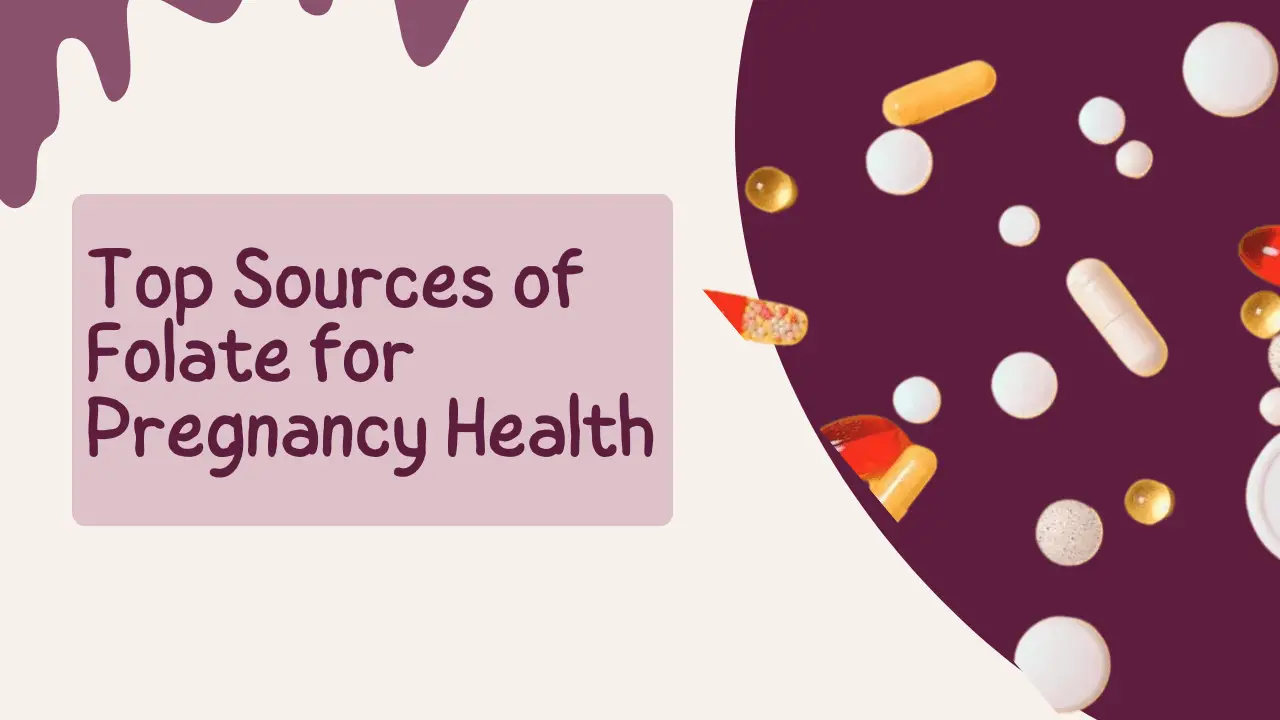Top Foods to Include in Your Gestational Diabetes Nutrition Plan
Many expectant mothers suffer from gestational diabetes, thus it’s critical to properly control blood sugar levels. A well-thought-out diet is one of the best strategies to manage gestational diabetes. This is when diet becomes crucial for gestational diabetes nutrition. You can maintain your health, promote the health of your infant, and assist in stabilizing your blood sugar levels by making the correct food choices. In this blog post, we’ll go over the best foods to include in your gestational diabetes diet plan, along with some useful advice for a more healthful pregnancy. Why Nutrition Matters for Gestational Diabetes: Nutrition is a cornerstone in managing gestational diabetes, a condition where high blood sugar levels develop during pregnancy. The primary goal of gestational diabetes nutrition is to keep blood glucose levels within a healthy range to minimize risks to both mother and baby. A continuous release of glucose into the bloodstream is ensured by balancing carbohydrates with proteins and fats in a healthy diet. This helps control blood sugar levels. When you consume, glucose is produced when carbs are broken down; if this process is not controlled, blood sugar rises may result. You can slow down this process and achieve more stable blood sugar levels by consuming meals high in fiber, such as whole grains and vegetables, as well as lean proteins and healthy fats. Timing your snacks and meals can also help to avoid significant swings in blood sugar levels. In addition to helping with blood sugar control, a well-balanced diet designed specifically for gestational diabetes promotes general health and makes sure that you and your unborn child get the vital nutrients required for a safe and healthy pregnancy. This method emphasizes the vital role that nutrition plays in effectively treating gestational diabetes and can lower complications and facilitate a more seamless delivery. Top Foods to Include in Your Gestational Diabetes Nutrition Plan: Incorporating the right foods into your gestational diabetes nutrition plan is essential for maintaining stable blood sugar levels and supporting a healthy pregnancy. Here are some top foods to consider: Leafy Greens: Vegetables like spinach, kale, and Swiss chard are low in carbohydrates and high in fiber, which helps regulate blood sugar levels. They also provide essential vitamins and minerals, including folate, which is crucial for fetal development. Whole Grains: Foods such as quinoa, brown rice, and oats have a lower glycemic index compared to refined grains. Their high fiber content helps prevent blood sugar spikes and supports sustained energy levels throughout the day. Lean Proteins: Incorporate sources like chicken breast, fish, and tofu. Proteins help to stabilize blood sugar levels and provide essential amino acids for both maternal and fetal health. Nuts and Seeds: Almonds, chia seeds, and flaxseeds are excellent sources of healthy fats, protein, and fiber. They can help control hunger and maintain steady blood sugar levels. Low-Glycemic Fruits: Opt for fruits such as berries, apples, and pears. They have a lower glycemic index and are packed with fiber and antioxidants, making them a healthier choice for managing blood sugar. Including these foods in your gestational diabetes nutrition plan can help manage your condition effectively while ensuring both you and your baby receive the necessary nutrients for a healthy pregnancy. Creating a Balanced Meal Plan: Creating a balanced meal plan is a crucial aspect of managing gestational diabetes effectively. The goal is to provide a steady supply of nutrients while maintaining stable blood sugar levels. In the context of gestational diabetes nutrition, a well-structured meal plan can help prevent blood sugar spikes and ensure both you and your baby receive the necessary nutrients. Balanced Macronutrients: Each meal should include a combination of carbohydrates, proteins, and healthy fats. Carbohydrates, such as whole grains and legumes, should be paired with proteins like lean meats or tofu, and healthy fats from sources like avocados and nuts. This mixture aids in reducing the rate at which glucose enters the bloodstream. Portion Control: Pay attention to portion sizes to avoid overeating, which can lead to blood sugar imbalances. Effective portion control can be achieved by measuring servings and using smaller plates. Regular Meals and Snacks: Eating at regular intervals, about every 3-4 hours, can help keep blood sugar levels steady. Include healthy snacks between meals to prevent excessive hunger and subsequent overeating. Incorporate Fiber-Rich Foods: Fiber slows the digestion of carbohydrates and helps control blood sugar levels. Include plenty of vegetables, fruits, and whole grains in your meal plan to meet your fiber needs. Hydration: Drinking plenty of water is essential for overall health and can aid in blood sugar management. Avoid sugary drinks and limit caffeine intake. A balanced meal plan tailored to gestational diabetes nutrition ensures that you manage your condition effectively while supporting a healthy pregnancy. Additional Tips for Gestational Diabetes Nutrition: In addition to focusing on specific foods, several additional tips can enhance your gestational diabetes nutrition plan and support optimal blood sugar management: Monitor Blood Sugar Levels: Regularly checking your blood glucose levels helps you understand how different foods affect your body. Use this information to make informed adjustments to your diet and identify any necessary changes. Plan Meals and Snacks Ahead: Preparing meals and snacks in advance can prevent the temptation to grab less healthy options when you’re hungry. Having a plan helps ensure you stick to your gestational diabetes nutrition goals. Choose Low-Glycemic Index Foods: Foods with a low glycemic index (GI) cause slower, more gradual increases in blood sugar levels. Incorporating these foods, such as legumes, sweet potatoes, and most non-starchy vegetables, can help maintain more stable blood sugar levels. Incorporate Healthy Cooking Methods: Opt for grilling, baking, steaming, or sautéing over frying. These methods can reduce the added fat and calories, which is beneficial for managing blood sugar and overall health. Stay Hydrated: Drinking plenty of water throughout the day helps with overall health and can aid in blood sugar control. Avoid sugary beverages and limit high-caffeine drinks. Consult with a Dietitian: Working with a registered dietitian who specializes in gestational diabetes … Read more









